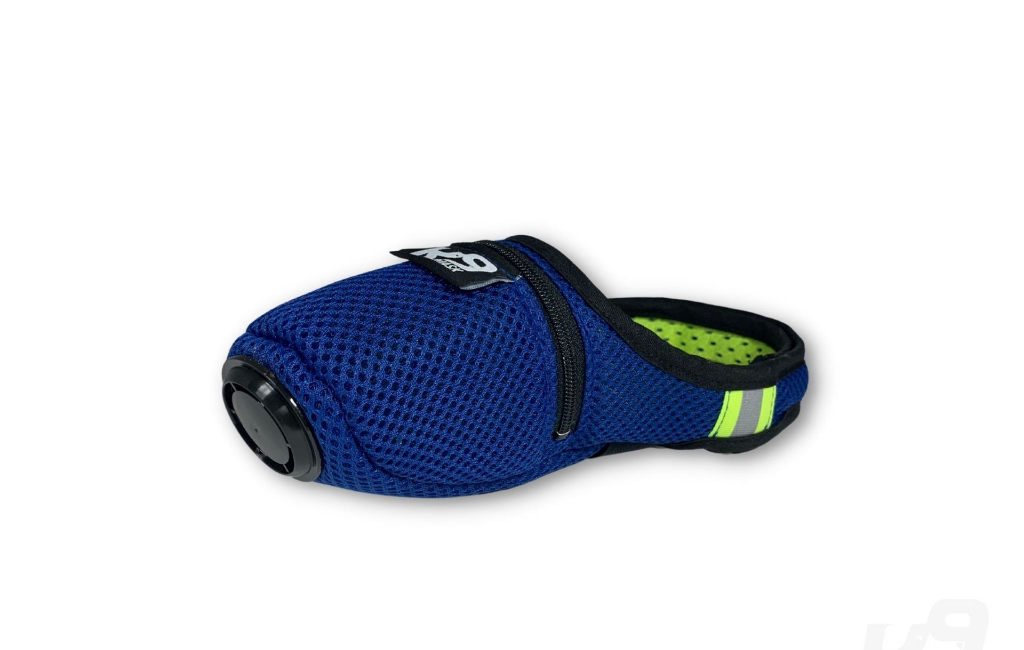LIFTiD Neurostimulation Headband
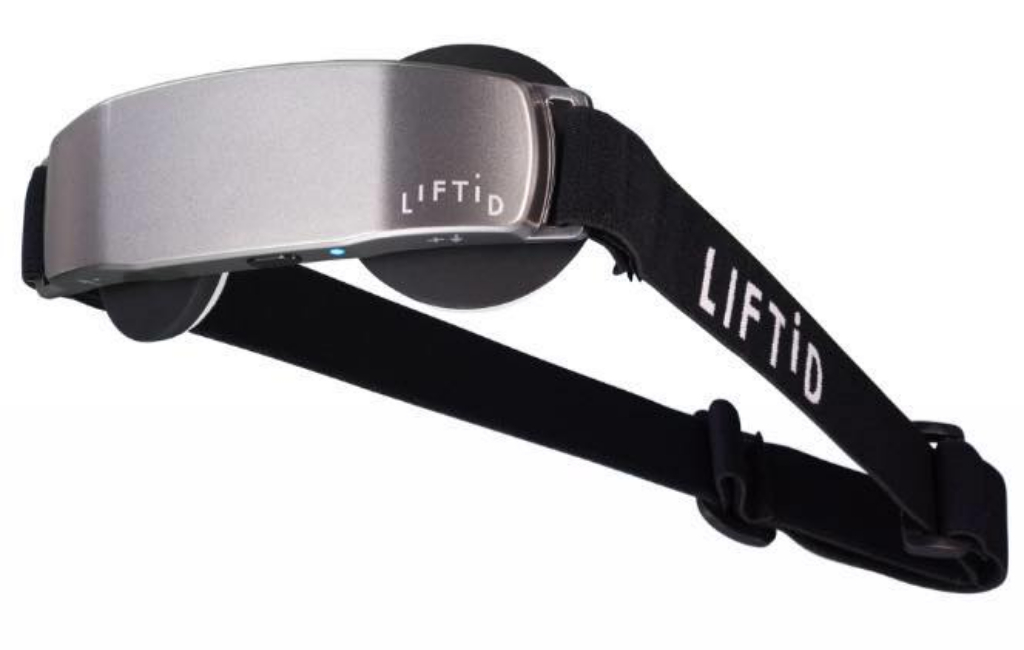
NO DEAL
EPISODE SUMMARY
🕓 Air Date: November 13, 2020
Asking For:
$200,000 for 10%
Investor:
No Deal
Deal:
No Deal
PRODUCT SUMMARY
LIFTiD Neurostimulation is a device that uses transcranial direct current stimulation (tDCS) to enhance focus, attention, and memory by stimulating the frontal lobe of the brain.
WATCH HERE
IN A RUSH?
Click these to jump to the section you want to read.
Background Story
The brains behind LIFTiD Neurostimulation, Allyson and Ken, recognized the prevalent practice of relying on caffeine and sugary snacks to boost productivity and focus. They were determined to offer a superior alternative. Ken, drawing from his impressive background in sales and product development, brought his passion for innovation to the project.
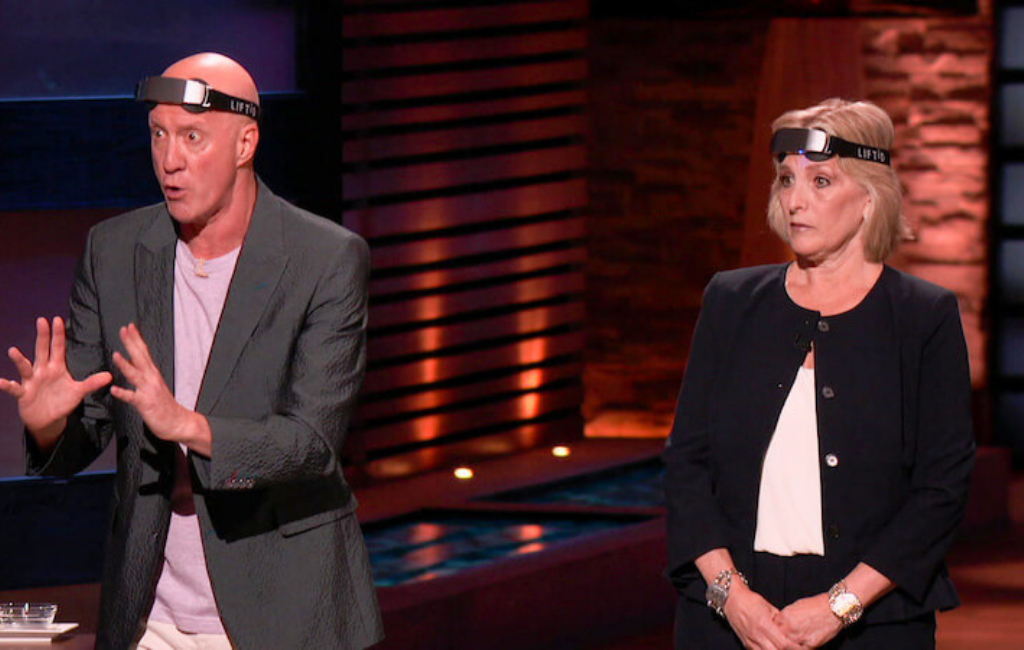
Their vision was to harness the potential of tDCS, supported by an extensive body of research, to provide a safe and efficient way to enhance cognitive performance. With their combined expertise, they embarked on a journey to create a device that could offer users a heightened level of focus and memory without the drawbacks associated with traditional stimulants.
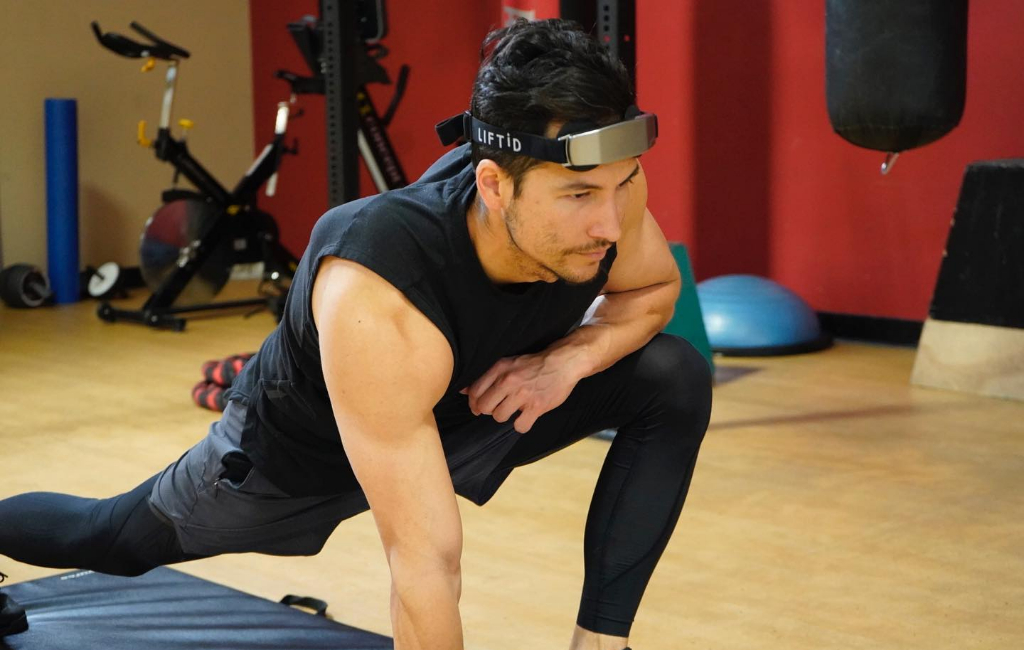
The Product
LIFTiD Neurostimulation is a groundbreaking device designed to optimize brain performance. It operates on the principle of transcranial direct current stimulation (tDCS), a technology that safely and gently stimulates the frontal lobe of the brain.
This stimulation has been scientifically linked to heightened focus, improved attention span, and enhanced memory. Users engage in 20-minute stimulation sessions while carrying out tasks like studying, reading, or gaming.
The device is user-friendly, lightweight, and boasts a sleek design. It provides a practical, side effect-free alternative to traditional stimulants like caffeine.
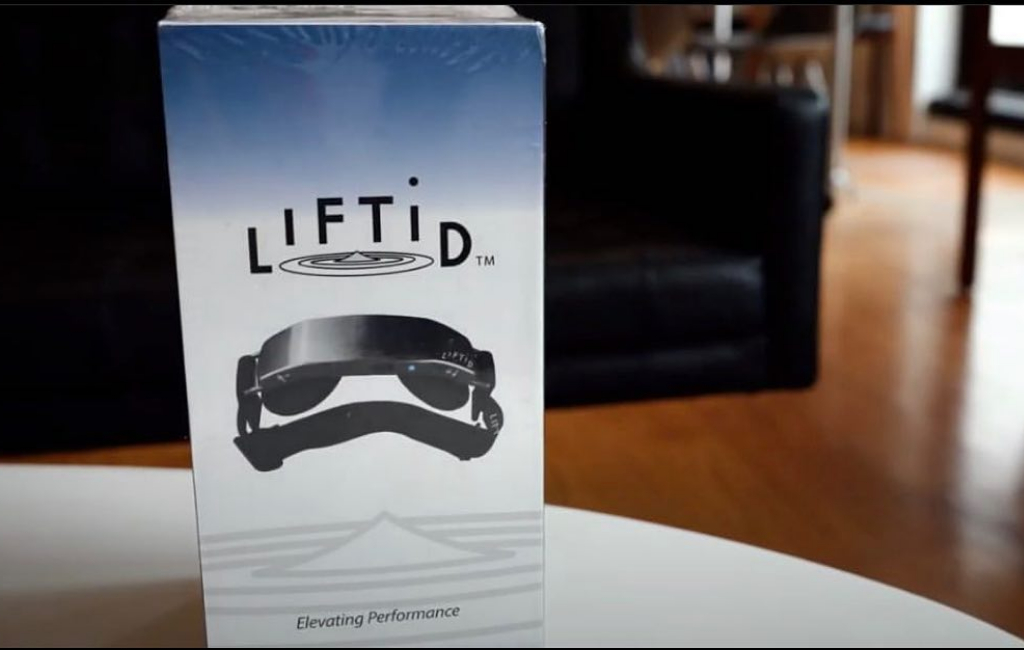
How It Went
The company’s position before Shark Tank
At the time of their pitch on Shark Tank, LIFTiD Neurostimulation had achieved commendable results, having sold a total of 1,240 units since October 1st, generating approximately $126,000 in revenue. The founders were seeking a $200,000 investment to further propel their growth and market presence.
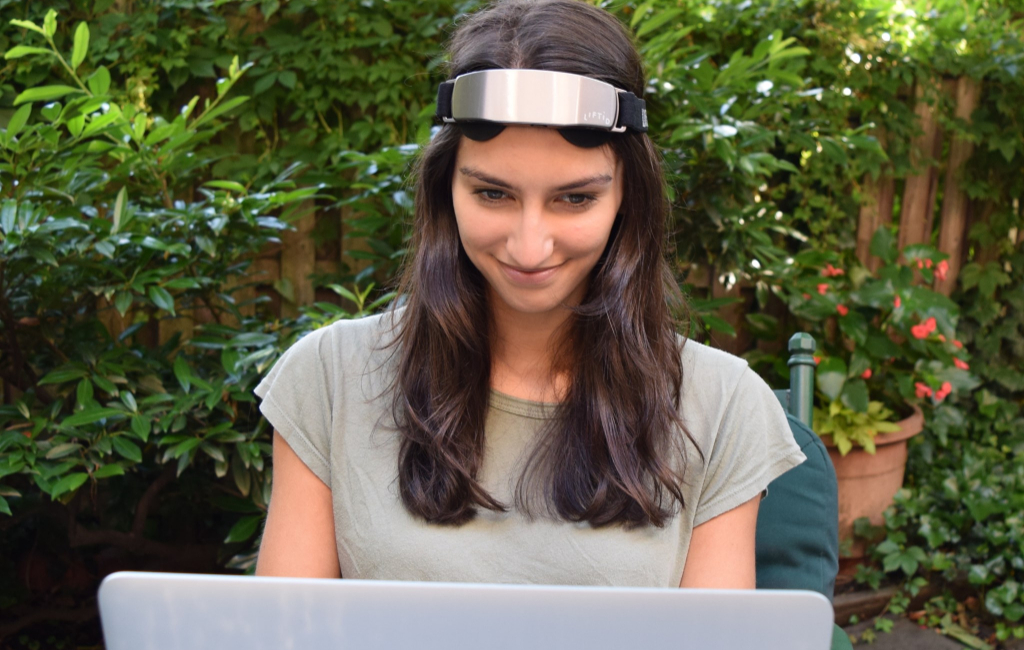
While the product garnered interest, the Sharks expressed concerns about its efficacy and safety, leading to all Sharks declining to invest. The founders’ passion for their product was undeniable, but the inability to substantiate their claims and address the Sharks’ reservations ultimately led to no deal being made.
The Negotiations:
During the negotiation phase, the Sharks raised valid questions about the safety and effectiveness of LIFTiD Neurostimulation. The founders were unable to provide concrete evidence supporting their product’s claims. Despite their evident passion and belief in their innovation, the lack of scientific validation and the ambiguity surrounding its actual benefits left the Sharks unconvinced.
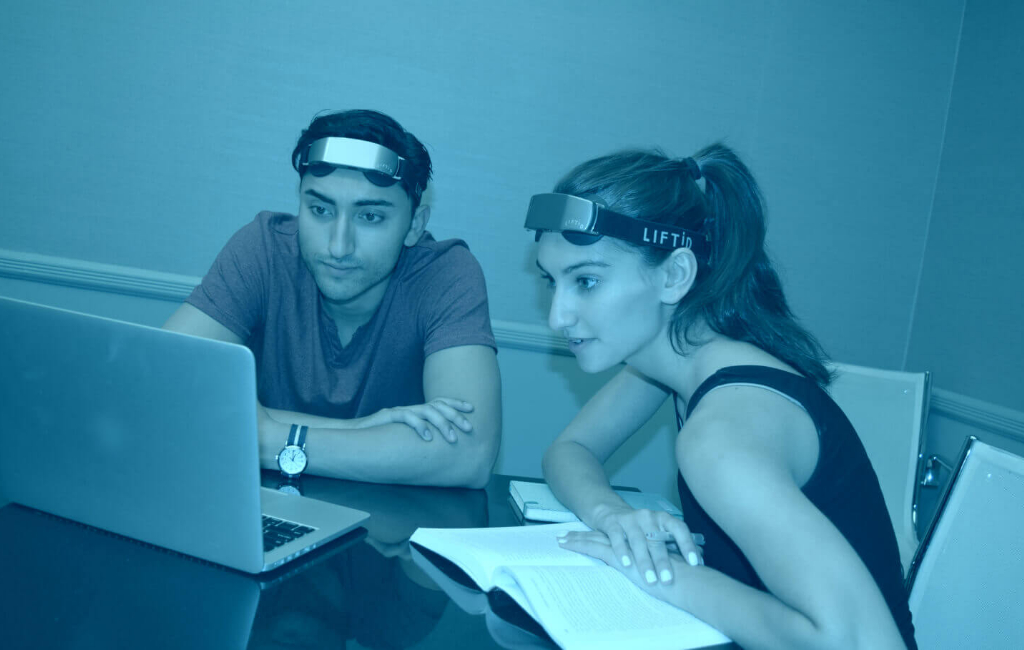
Kevin O’Leary, known for his shrewd investment decisions, voiced concerns about the product’s value proposition and the absence of medical substantiation. The other Sharks, including Mark Cuban, Lori Greiner, and Robert Herjavec, also expressed skepticism regarding the product’s claims.
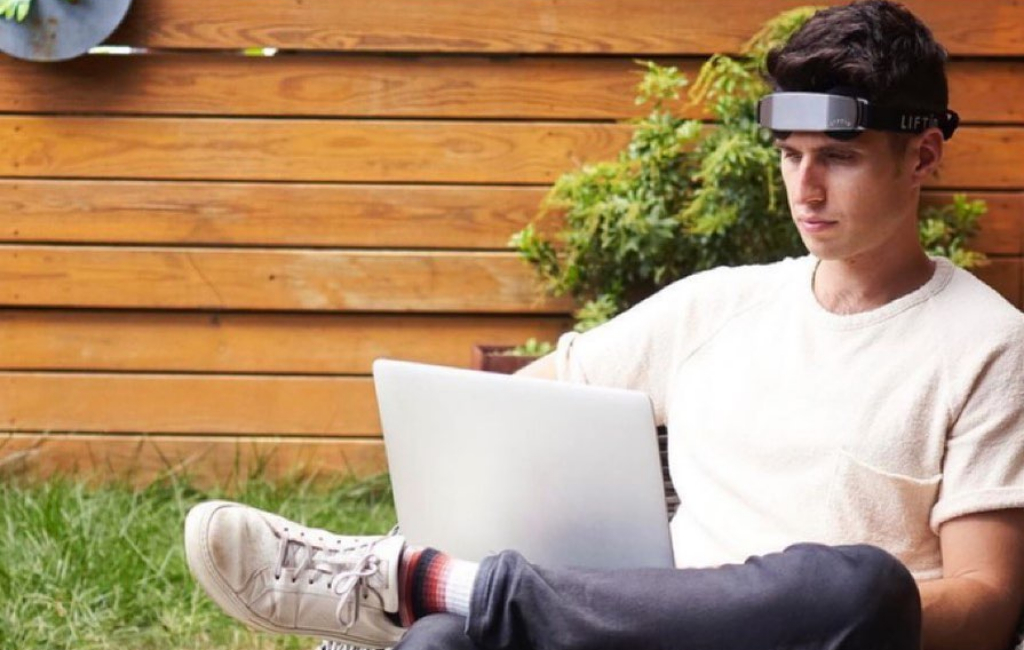
While Allyson and Ken passionately presented their product and its potential, they faced a daunting challenge in bridging the gap between their belief in the device and the Sharks’ need for empirical evidence. Ultimately, none of the Sharks chose to invest in LIFTiD Neurostimulation, making it one of the pitches where the Sharks collectively decided to pass on an opportunity that lacked the required scientific validation.







